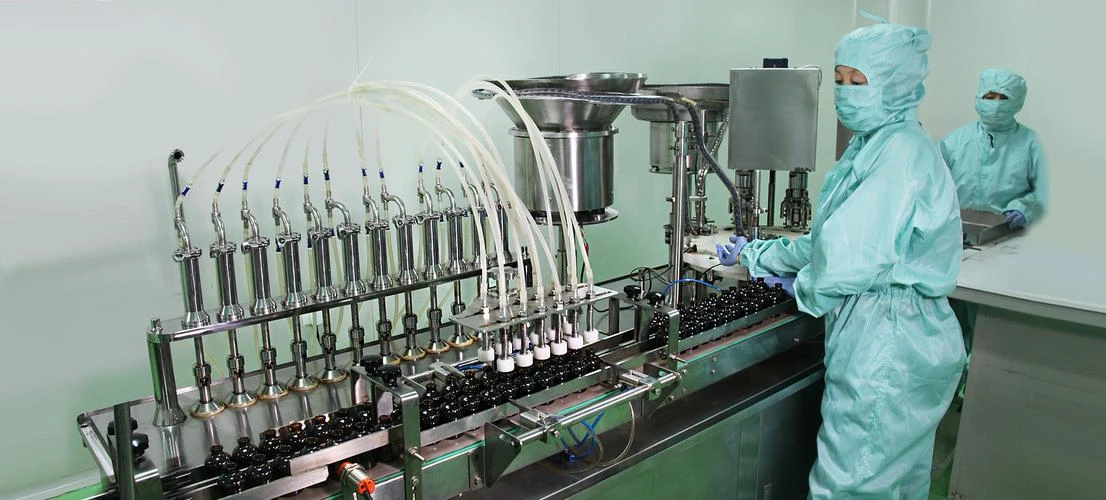- Afrikaans
- Albanian
- Amharic
- Arabic
- Armenian
- Azerbaijani
- Basque
- Belarusian
- Bengali
- Bosnian
- Bulgarian
- Catalan
- Cebuano
- Corsican
- Croatian
- Czech
- Danish
- Dutch
- English
- Esperanto
- Estonian
- Finnish
- French
- Frisian
- Galician
- Georgian
- German
- Greek
- Gujarati
- Haitian Creole
- hausa
- hawaiian
- Hebrew
- Hindi
- Miao
- Hungarian
- Icelandic
- igbo
- Indonesian
- irish
- Italian
- Japanese
- Javanese
- Kannada
- kazakh
- Khmer
- Rwandese
- Korean
- Kurdish
- Kyrgyz
- Lao
- Latin
- Latvian
- Lithuanian
- Luxembourgish
- Macedonian
- Malgashi
- Malay
- Malayalam
- Maltese
- Maori
- Marathi
- Mongolian
- Myanmar
- Nepali
- Norwegian
- Norwegian
- Occitan
- Pashto
- Persian
- Polish
- Portuguese
- Punjabi
- Romanian
- Russian
- Samoan
- Scottish Gaelic
- Serbian
- Sesotho
- Shona
- Sindhi
- Sinhala
- Slovak
- Slovenian
- Somali
- Spanish
- Sundanese
- Swahili
- Swedish
- Tagalog
- Tajik
- Tamil
- Tatar
- Telugu
- Thai
- Turkish
- Turkmen
- Ukrainian
- Urdu
- Uighur
- Uzbek
- Vietnamese
- Welsh
- Bantu
- Yiddish
- Yoruba
- Zulu
Dec . 15, 2024 13:47 Back to list
Effective Injectable Ivermectin Solutions for Cattle Health and Parasite Control
Cattle Ivermectin Injectable A Comprehensive Overview
Ivermectin is a potent antiparasitic agent widely recognized for its efficacy in controlling various parasitic infections that affect livestock, particularly cattle. This medication is critical in maintaining the health and productivity of cattle, where parasitic infestations can lead to significant economic losses for farmers. This article will explore the importance, uses, administration, and considerations surrounding ivermectin injectable solutions in cattle.
Importance of Ivermectin in Cattle
Cattle are susceptible to a wide range of internal and external parasites, such as roundworms, lungworms, and ectoparasites like lice and mites. These parasites can cause severe health issues, decreased weight gain, poor milk production, and increased susceptibility to diseases. The economic burden placed on farmers from these parasites necessitates the use of effective treatments like ivermectin.
Ivermectin belongs to a class of drugs called macrocyclic lactones and works by disrupting the nervous system of parasites, leading to their paralysis and death. Its broad spectrum of activity, ease of administration, and safety profile make it a preferred choice for cattle producers.
Uses of Ivermectin Injectable
The injectable formulation of ivermectin is particularly favored in veterinary medicine for several reasons
1. Broad-spectrum Antiparasitic Action Ivermectin effectively targets a variety of parasites, including gastrointestinal roundworms, lungworms, and both external parasites such as mites and lice. This broad efficacy simplifies treatment regimens.
2. Long-Lasting Effects Injectable ivermectin provides longer-lasting protection compared to oral formulations. Many products remain effective for several weeks, thereby reducing the frequency of treatments needed.
3. Reduced Risk of Resistance Rotating antiparasitic agents can help in minimizing the development of resistance among parasite populations. Ivermectin, with its different routes of administration and formulations, offers flexibility in management.
cattle ivermectin injectable

Administration and Dosage
The administration of injectable ivermectin is typically performed via subcutaneous injection. This method ensures the medication is absorbed effectively into the bloodstream, providing rapid action against parasites. The dosage may vary depending on the specific product used and the weight of the animal, making it crucial for farmers to follow the manufacturer's guidelines closely. A common dosage for cattle is 200–400 micrograms of ivermectin per kilogram of body weight.
Prior to administration, it is vital that the injected area is clean to prevent infections. As with any medication, observing cattle for any adverse reactions post-injection is essential, although ivermectin is generally well-tolerated.
Considerations and Resistance Management
While ivermectin is a powerful tool in parasite management, careful consideration must be taken to ensure its continued effectiveness. Over-reliance on any single class of antiparasitics can lead to resistance among parasite populations. To mitigate this risk, farm management practices should include
- Regular Monitoring Regular fecal examinations can help determine the effectiveness of treatment regimens and identify any signs of developing resistance.
- Rotation of Antiparasitic Drugs Using different classes of antiparasitic agents in a treatment program can help reduce the risk of resistance.
- Integrated Parasite Management Combining chemical treatments with non-chemical strategies, such as rotational grazing and maintaining overall herd health, will yield the best results.
Conclusion
Cattle ivermectin injectable is an invaluable tool in the arsenal of livestock health management. Its ability to effectively control a wide range of parasitic infections helps ensure the productivity and welfare of cattle, which is crucial for agricultural success. By adhering to recommended practices for administration and being mindful of resistance management, cattle producers can maximize the benefits of ivermectin, leading to healthier animals and a more sustainable farming operation. Ultimately, the responsible use of this antiparasitic agent will play a pivotal role in safeguarding livestock health and productivity well into the future.
-
Guide to Oxytetracycline Injection
NewsMar.27,2025
-
Guide to Colistin Sulphate
NewsMar.27,2025
-
Gentamicin Sulfate: Uses, Price, And Key Information
NewsMar.27,2025
-
Enrofloxacin Injection: Uses, Price, And Supplier Information
NewsMar.27,2025
-
Dexamethasone Sodium Phosphate Injection: Uses, Price, And Key Information
NewsMar.27,2025
-
Albendazole Tablet: Uses, Dosage, Cost, And Key Information
NewsMar.27,2025













